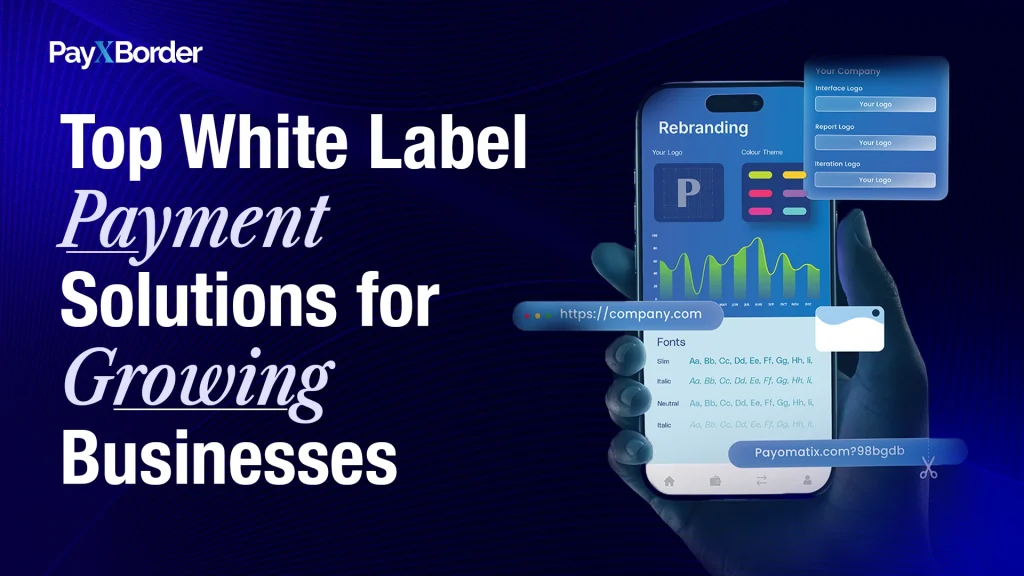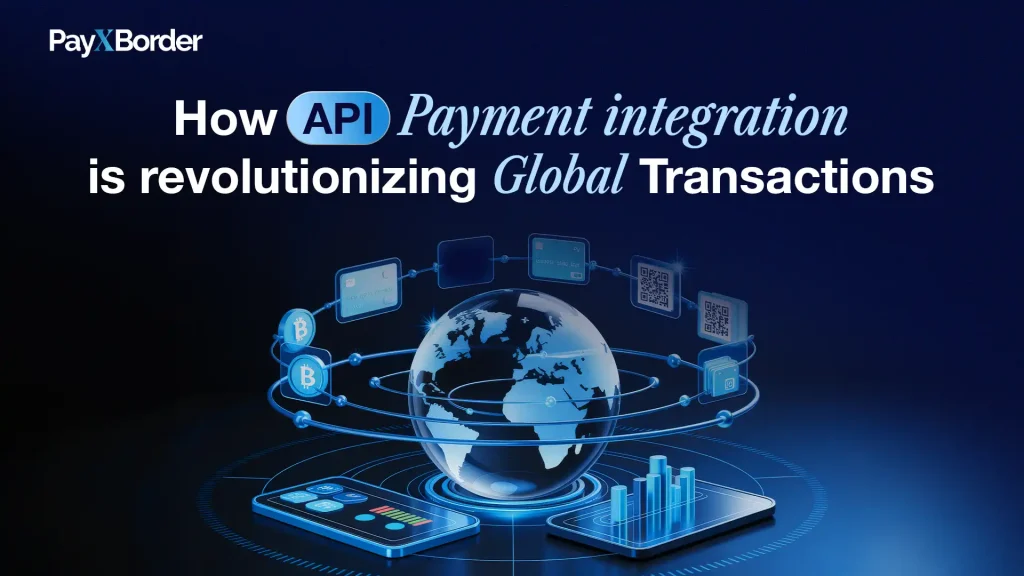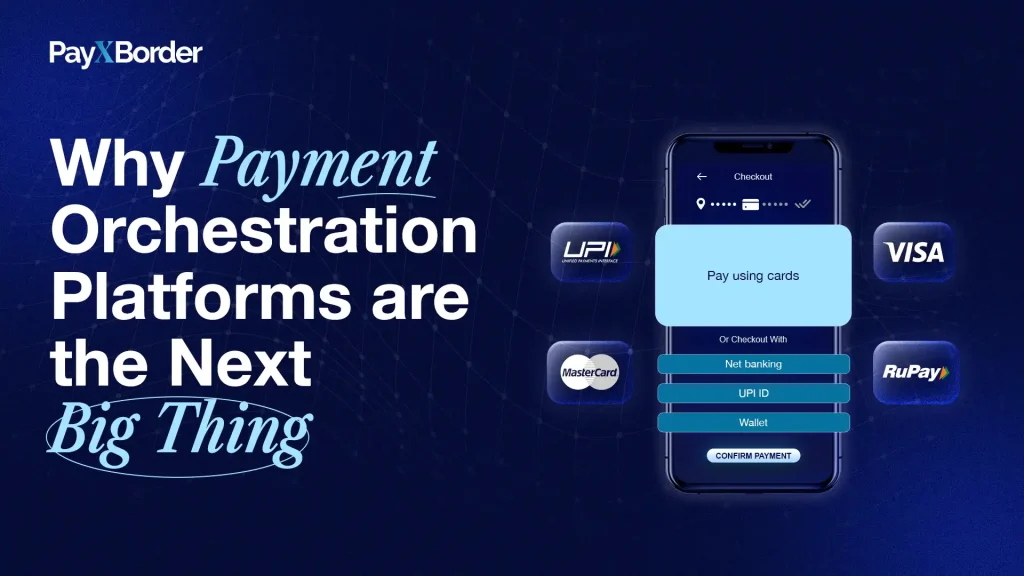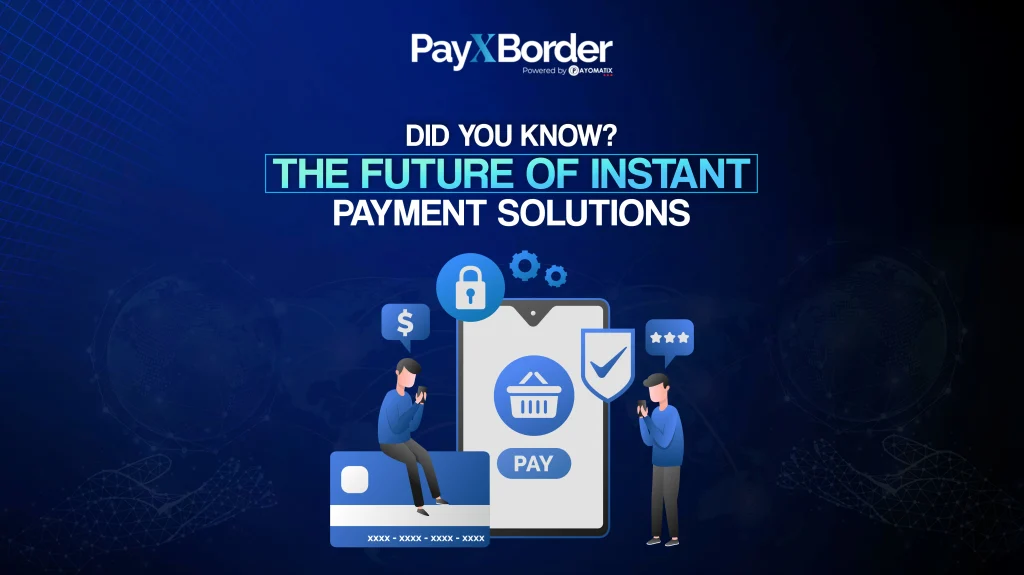© 2024 PayXborder by Payomatix. All rights reserved.
- Home
- Blogs
Your Trusted Partner for Cross Border Remittances
Expert Insights on Cross-Border Transactions, Global Remittances, and Secure Financial Solutions.

International Remittance for Expatriates: How to Send Money Home Securely and Affordably
Introduction
In an increasingly globalized world, millions of expatriates regularly send money back to their home countries to support families, pay bills, or invest in local ventures. According to the World Bank, international remittances surpassed $700 billion in 2020, with developing nations being the primary recipients. However, despite the importance of these transfers, expatriates often face high fees, exchange rate losses, and security risks. This article explores how expatriates can navigate the international remittance process securely and affordably, ensuring that more of their hard-earned money reaches its intended destination.
Understanding International Remittance
International remittance refers to the transfer of money from one country to another, typically by migrant workers or expatriates. These funds often provide crucial financial support to families in developing countries, helping with education, healthcare, and everyday living expenses. In fact, remittances contribute significantly to many nations’ GDP, making them a lifeline for entire economies. For example, in 2021, remittances accounted for 23% of Nepal’s GDP, 10% for the Philippines, and 8% for Nigeria.
While the significance of remittances is clear, expatriates need to be aware of the challenges associated with cross-border transfers. Key considerations include transfer costs, speed, accessibility, and security, all of which can vary widely depending on the chosen service provider and method.
Key Factors to Consider When Sending Money Home
- Transfer Fees and Exchange Rates
One of the main issues expatriates face when sending money abroad is the cost of the transfer. Most remittance services charge a fee for processing the transaction, which can be either a flat fee or a percentage of the amount being sent. Additionally, service providers may offer different exchange rates, often taking a margin on the conversion process. According to the World Bank, the average global cost of sending remittances was 6% of the total amount in 2020, which remains well above the UN Sustainable Development Goal target of 3%.
To reduce these costs, expatriates should compare multiple service providers, including banks, money transfer operators like Western Union or MoneyGram, and digital platforms such as PayXborder or PayPal. Online remittance platforms tend to offer more competitive fees and better exchange rates than traditional banks, which may significantly reduce the total cost of the transfer.
- Transfer Methods
There are various ways to send money internationally, each with its own advantages and limitations. The most common methods include:
- Bank Transfers: Typically regarded as a secure option but often come with higher fees and less competitive exchange rates. They can also take several days to process.
- Money Transfer Operators (MTOs): Services like Western Union and MoneyGram offer fast, reliable transfers to most countries, though fees may be higher than other methods. The recipient can collect the money in cash at a local agent.
- Online Transfer Platforms: Digital services such as PayXborder, Wise (formerly TransferWise), and Revolut allow users to send money quickly and affordably, often with lower fees and better exchange rates compared to banks and MTOs. These platforms are gaining popularity due to their transparency and convenience.
- Cryptocurrency Transfers: With the rise of blockchain technology, some expatriates are exploring cryptocurrency as a way to send money abroad. While crypto transfers can be cheap and fast, they come with their own risks, such as volatility and regulatory uncertainty.
- Security and Compliance
Ensuring the security of international remittances is crucial, especially in an era of increasing cybercrime and fraud. When choosing a remittance provider, expatriates should look for services that are licensed and regulated by financial authorities in both the sending and receiving countries. Compliance with international anti-money laundering (AML) and know-your-customer (KYC) regulations is also essential for minimizing the risk of fraud or illicit activities.
In addition, choosing a provider that offers encryption and other security measures for online transactions is vital to protect sensitive financial information. Digital platforms such as PayXborder emphasize security and transparency, ensuring that users can track their transfers and feel confident their funds will reach their destination safely.
Real-World Example: Digital Transformation in Remittances
Consider the case of Remitly, a digital remittance service that has grown exponentially due to its transparent pricing and user-friendly app. By focusing on low-cost transfers and fast processing times, Remitly has attracted millions of expatriates looking for an affordable way to send money home. Similarly, platforms like PayXborder have made cross-border payments more accessible, offering competitive rates and real-time transfer tracking for users worldwide.
Conclusion
International remittance plays a vital role in supporting families and boosting economies, especially in developing countries. However, expatriates face various challenges, including high fees, fluctuating exchange rates, and security concerns. By carefully considering transfer fees, choosing the right transfer method, and prioritizing security, expatriates can ensure their money reaches home securely and affordably.
The future of international remittances is promising, with digital platforms like PayXborder, Wise, and others driving innovation in the sector. As competition increases and technology continues to evolve, we can expect lower costs, faster transfers, and even more secure payment options for expatriates sending money across borders.







